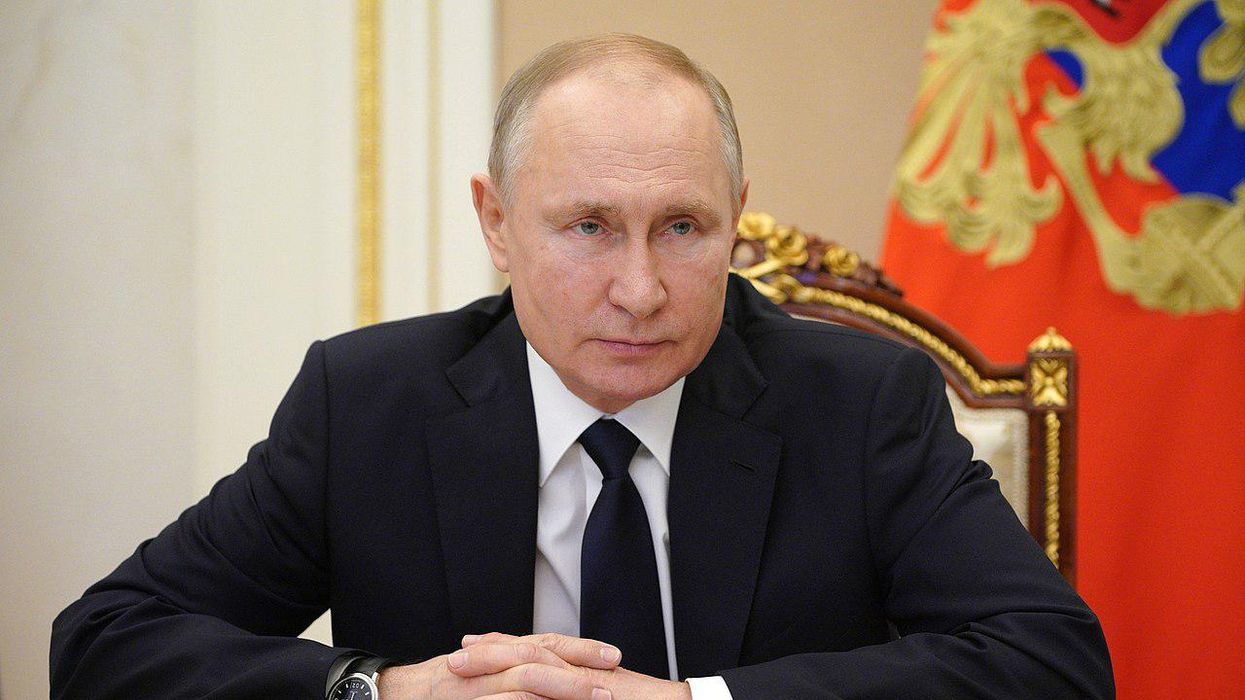National security expert grapples with nuclear worst-case scenarios in Ukraine conflict


During the Cold War, proponents of the “mutually assured destruction” or MAD doctrine argued that the United States and the Soviet Union had a mutual interest in avoiding nuclear war. Now, 31 years after the Soviet Union’s demise, the MAD doctrine is making a comeback as Russian President Vladimir Putin continues his brutal invasion of Ukraine and Europe suffers its worst military conflict since World War 2.
Author Stephen Peter Rosen, who specializes in national security and military matters at Harvard University in Cambridge, Massachusetts, grapples with a disturbing question in an article published by The Bulwark on March 23: What will happen if Putin uses a nuclear weapon against Ukraine?
“Earlier this month,” Rosen explains, “I wrote in The Bulwark that as the war goes worse for Putin, his incentives for using nuclear weapons go up. Well, the war is going worse for him. If Putin were to use chemical weapons, he would test NATO resolve. NATO may be able to deter Russian nuclear weapons use by mounting a fierce and violent response to Russian chemical weapons use. It should prepare to do so.”
On March 11, Rosen notes, President Joe Biden warned that “Russia would pay a severe price” if chemical weapons were used against Ukraine.
“It may be the case that any NATO action that could increase the risk of nuclear war is unacceptable,” Rosen observes. “That is what Putin is counting on. A small risk of a nuclear war that kills millions may well be unacceptable to us and our allies. We may decide it is, but we should do so with an understanding of what will follow. Putin and Putinism will be understood to be victorious.”
Rosen adds, “If one nuclear-armed nation can commit clear acts of international aggression against a non-nuclear nation and then shut down military responses by using nuclear weapons in a limited manner, other nations with aggression in mind will surely take note.”
If Putin were to do the unthinkable and use a nuclear weapon against Ukraine, Rosen stresses, the U.S. and NATO would need to take aggressive action in order to prevent Putin from launching another nuclear attack.
“The formidable array of U.S. systems that can detect the launch of missiles should be on high alert,” Rosen argues. “U.S. systems, such as the AEGIS anti-missile system, should also be on high readiness. But what if a nuclear warhead gets through and detonates on Ukrainian soil?”
Rosen continues, “We should still rely on nuclear deterrence to prevent Putin from using nuclear weapons on a larger scale. It may be possible, if difficult, to keep a war limited after one nuclear weapon is used. If Putin uses many, he knows that Russia will certainly face nuclear retaliation. But that logic suggests that the United States could turn the table on Putin. If he invades a non-NATO country and uses a nuclear weapon, the gloves should be off with regard to NATO non-nuclear military strikes against Russian military forces in Ukraine and Belarus. The political goal should be — must be — to deny a nuclear aggressor victory, because the global consequences would be dire.”